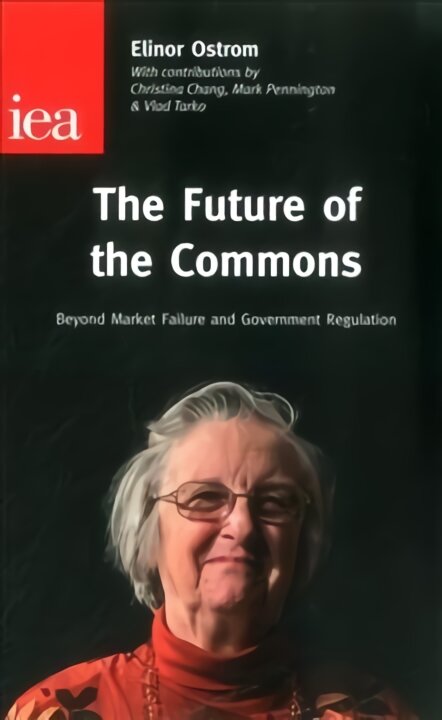Prekių nuotraukos skirtos tik iliustraciniams tikslams ir yra pavyzdinės. Prekės aprašyme esančios video nuorodos yra tik informacinio pobūdžio, todėl jose pateikiama informacija gali skirtis nuo pačios prekės. Originalių produktų spalvos, užrašai, parametrai, matmenys, dydžiai, funkcijos, ir/ar bet kurios kitos savybės dėl savo vizualinių ypatybių gali atrodyti kitaip negu realybėje, todėl prašome vadovautis prekių savybėmis, kurios nurodytos prekių aprašymuose.
Pranešti apie klaidą prekės aprašyme
